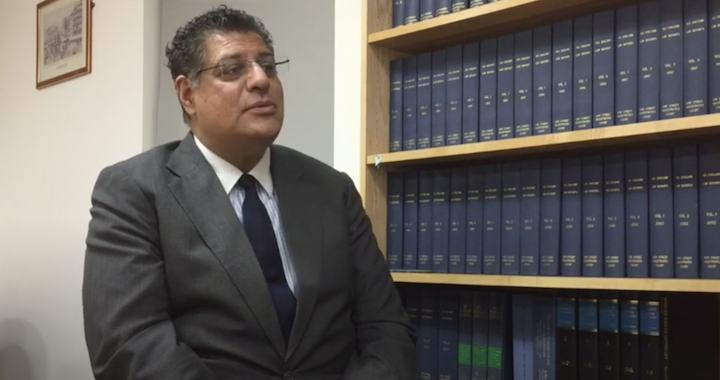Judge Tanweer Ikram is not your usual judge. Ikram, who has a CBE to his name for services to diversity, has tirelessly insisted that minorities need to see people looking like them in senior positions (he has Pakistani Muslim heritage). Whether you see him as an innovative radical or a dreary progressive, Ikram is now mired in less savoury controversy.
Already a subscriber? Log in
Subscribe for just $2 a week
Try a month of The Spectator Australia absolutely free and without commitment. Not only that but – if you choose to continue – you’ll pay just $2 a week for your first year.
- Unlimited access to spectator.com.au and app
- The weekly edition on the Spectator Australia app
- Spectator podcasts and newsletters
- Full access to spectator.co.uk
Or




















Comments
Don't miss out
Join the conversation with other Spectator Australia readers. Subscribe to leave a comment.
SUBSCRIBEAlready a subscriber? Log in